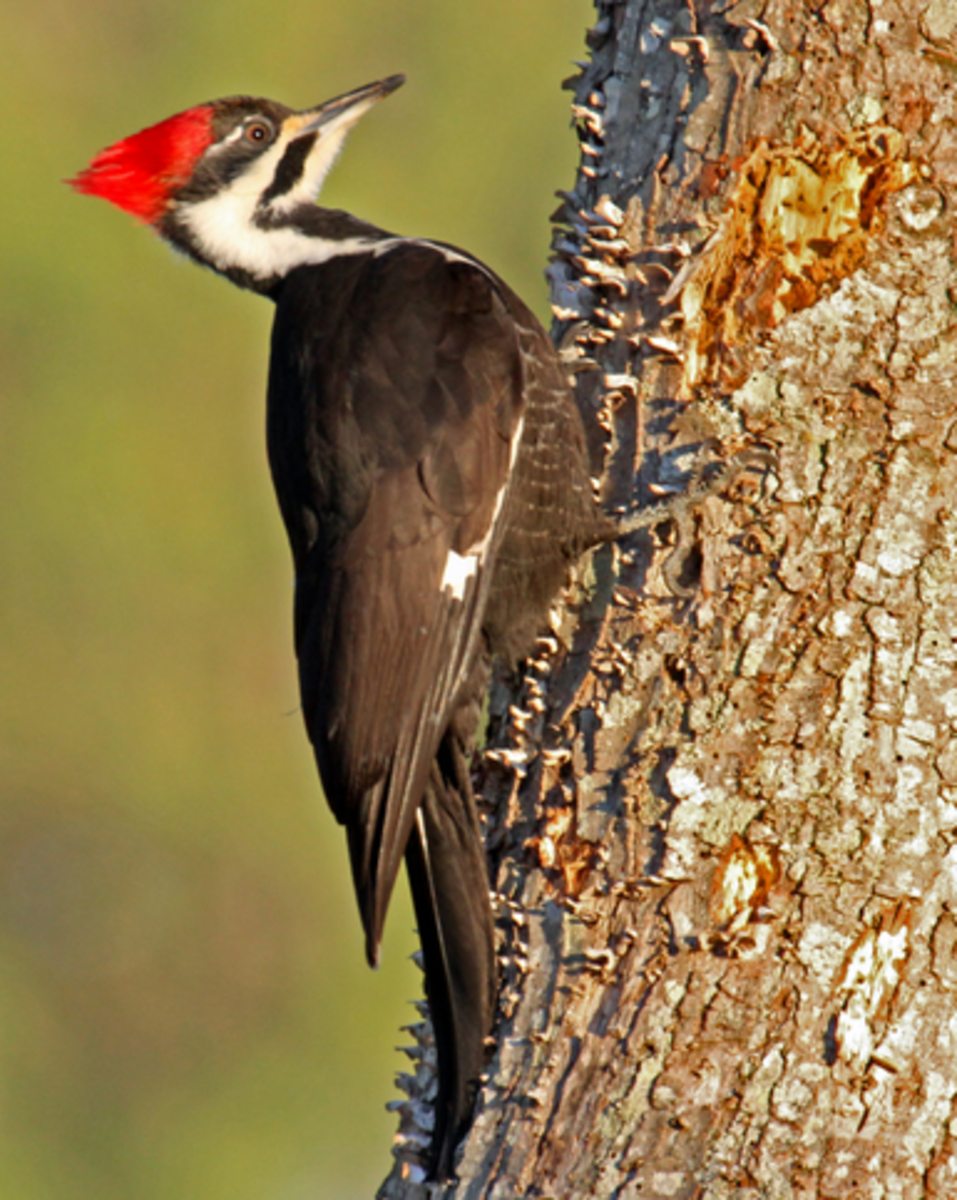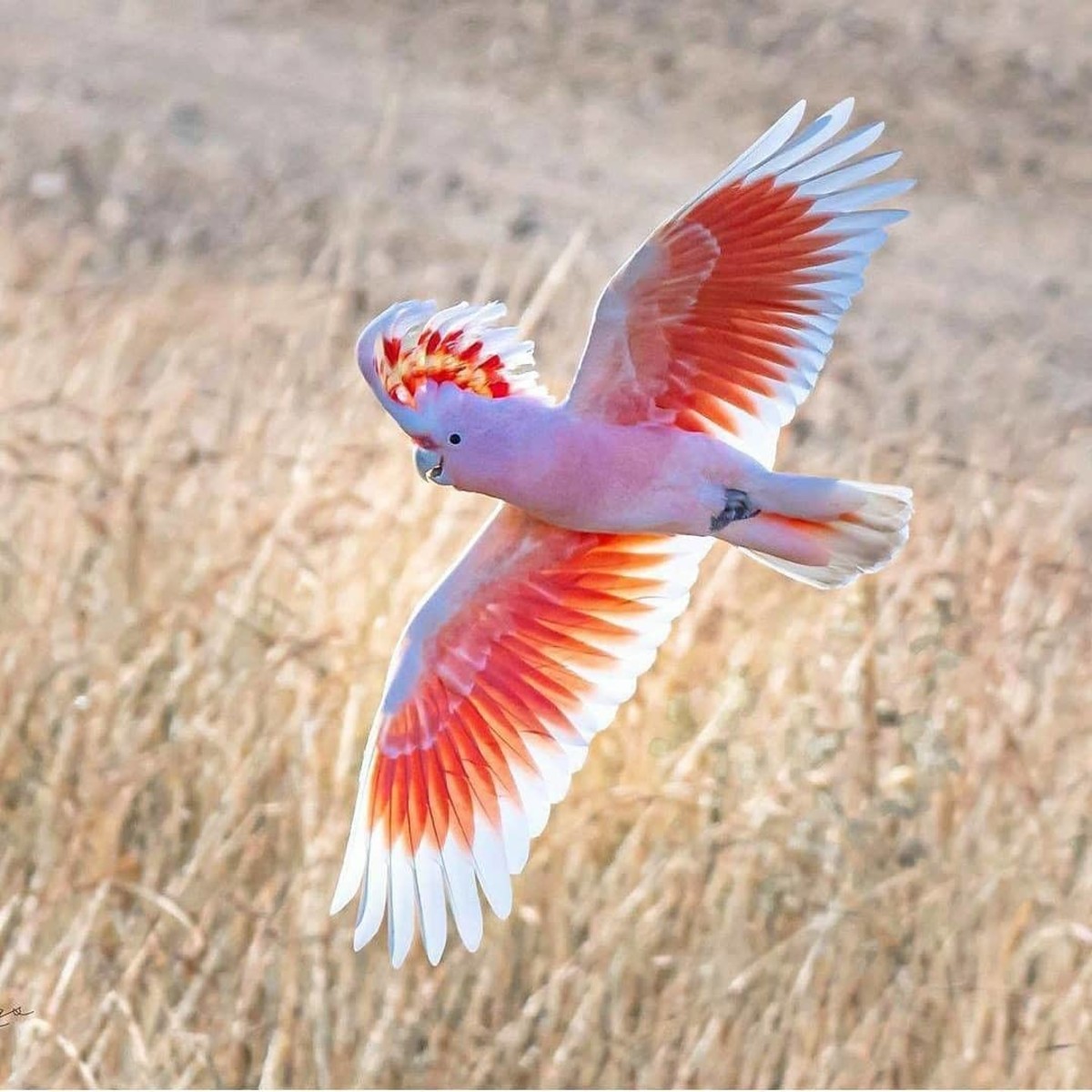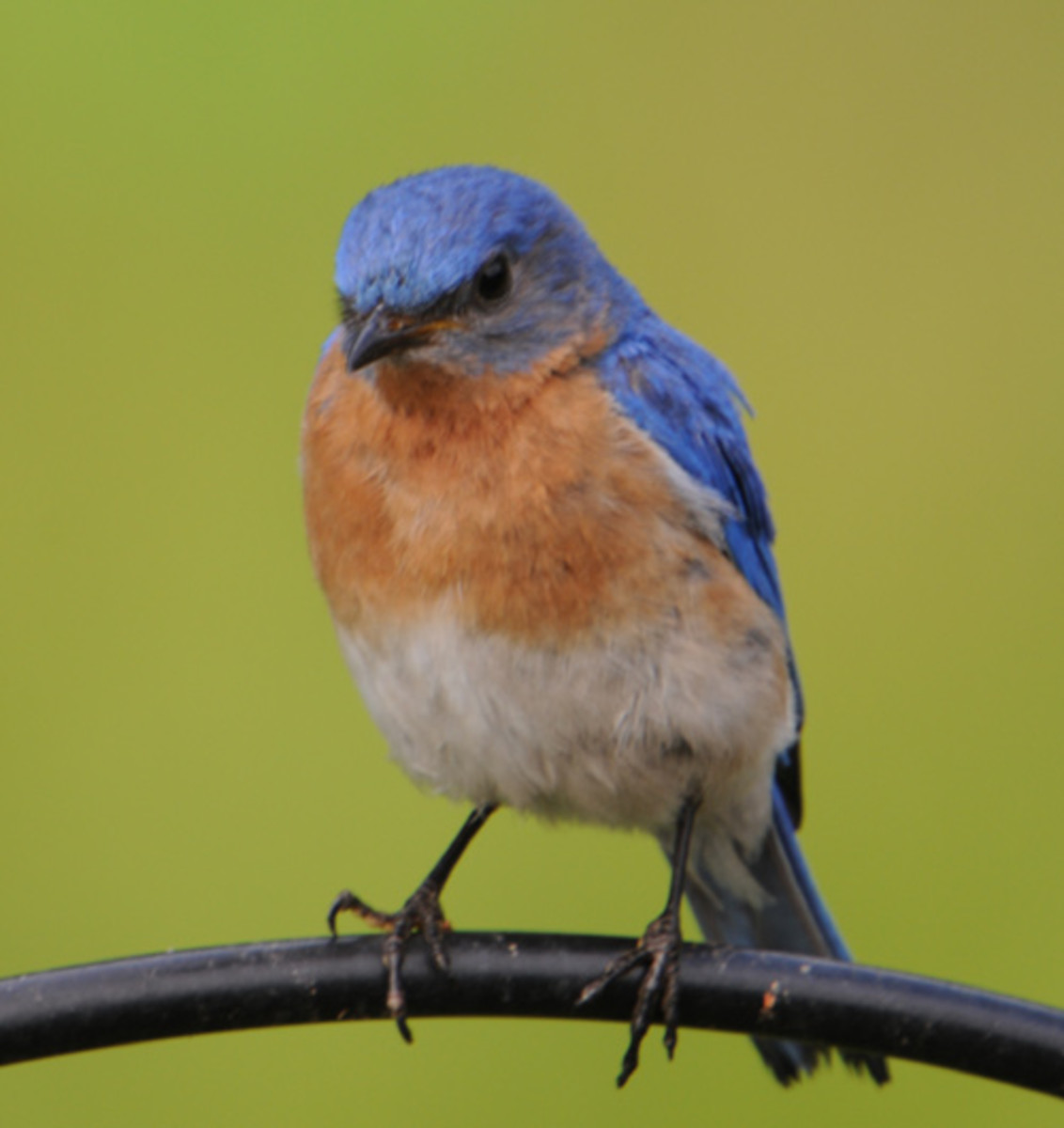What is the ideal diet for my parrot?
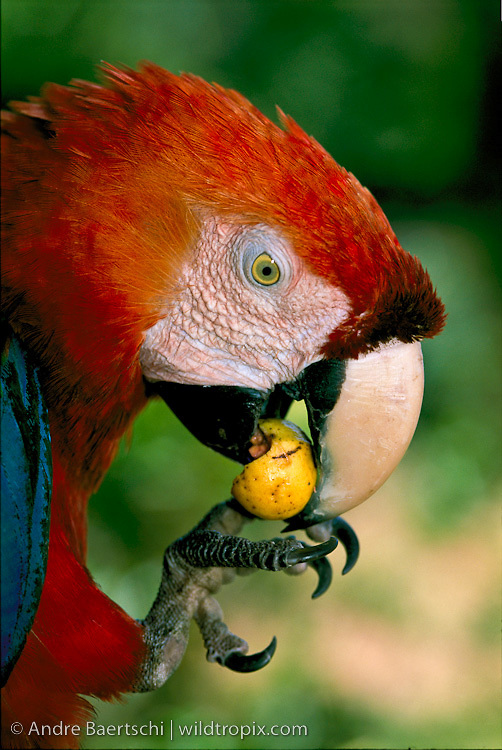
Why are there so many conflicting opinions?
It seems that everywhere you look on this internet, there is a different recipe for the perfect daily bird meal. How does one decipher between old, trite methods from before humans knew anything about companion birds, and the right way to keep your feathered buddy happy and healthy? That's just the problem; we haven't found the perfect formula to satiate the stomachs of our companion birds; rather, we've found a pretty close combination that slightly varies for everyone's flock.
Poll-time!
What is your bird's favorite treats?
What should I avoid?
This combination, though very diverse, does exclude a few things. Iceberg lettuce, for example, is not harmful for birds, however, it lacks in nutrients and is essentially crunchy water. Some things are very harmful, and here is a list of those things:
- chocolate
- alcohol
- avocado
- coffee/caffeine
- sugary cereal, candy, drinks, soda/carbonation
- apple seeds
- onions
- mushrooms
- tomato leaves
- salt
- dried beans
- greasy foods
That's a general idea of everything you shouldn't feed your birds. Also, too much people-food is harmful in general; just as it is for us!
The most veterinarian-recommended organic pellet brand
Pellets
When it comes to pellets and the many conflicting opinions on them, it's good to know you really can't go wrong as long as they are appropriate for your specific type of bird. The most highly recommended brand by avian veterinarians is Harrison's, mostly because they are organic. I certainly am all for Harrison's pellets, however, it is very costly, and if you have a big flock, it might be too hard to afford. That's most people's affliction towards it.
Cheaper alternatives are brands like ZuPreem and Roudybush, who have a few different types of pellets that are all natural. This is the reason they are cheaper than Harrison's; they are not organic, but all natural. Those two things are not very different, but it's important to know that they are different. Organic means that, not only are the ingredients all natural, but they are under regulations that prevent any chemicals, over-processing, or synthetics. All natural just means that the ingredients are all natural but may be processed rather heavily (but not necessarily). These particular regulations go for human foods as well, the rules provided by the USDA.
So then you might ask: "Why would anybody buy inorganic pellets if there is an all-natural, cheap alternative?" Even I used to buy Lafeber's inorganic pellets when my flock consisted of budgies, lovebirds, and cockatiels. The reason is plain and simple: inorganic things don't go bad! When my flock was small, it wasn't worth the trouble of freezing it because they didn't eat it very fast. Among those reasons, the cost of buying Harrison's constantly in small quantities as just a kid was too hard for me. I'm not encouraging you to buy lesser-quality pellets if you can afford it, however, I still implore you buy lesser-quality pellets than settling for a seed diet.
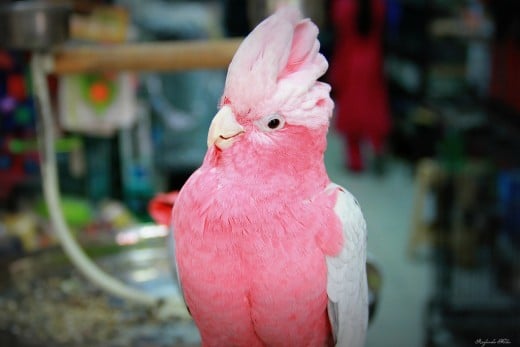
Foods other than veggies and pellets
While vegetables and pellets should be about 70%-80% of a bird's diet, it's imperative that there is a little more diversity than just those things. There are many grains and healthy seeds that I am disappointed more owners don't know about. Chia seeds, milk thistle seeds, sesame seeds, pepitas (raw pumpkin seeds), flax seeds, and hemp seeds are just a few that most parrots love and go great in Chop. In moderation, things such as sunflower seeds, millet, and seed mixes are okay, too.
There are lots of grains that are fantastic for both your birds and even you. Quinoa has recently gained popularity for us, but it's great for birds too. So is amaranth and whole rolled oats along with raw (or even plain and cooked) oatmeal. Remember; your birds want to eat what you eat!
My cockatiels, I've found, go absolutely insane for organic vegetable pasta. Pretty much anything new I want them to eat, I can mix in with either pasta or scrambled eggs and they'll be all over it. Eggs are fantastic for birds, and they can't seem to get enough, either. If you can get them to try it, some birds will even eat plain, boiled chicken breast!
A good brand of grains for birds
Products made for birds
Other than pellets, there are a lot of treats and supplements made for birds that really are unnecessary and are used to get a quick buck from those who allow themselves to be fooled; generally targeting inexperienced owners that want the best for their pets. Your bird might love some pet store treats, so it's okay to get it for them every now and then, but truly it is unnecessary.
Most birds prefer dried fruits or their favorite seed for trick training or a little piece of a human-snack now and again, and that's so much better than processed junk from pet stores anyway (as long as it's in moderation!)
Someone once asked me: if I was to chose any processed bird "treat", other than millet, to recommend to her, what would I chose. The answer was Nutri-Pellets. I would consider them more of a daily supplement rather than a treat, but most birds would disagree. They are delicious and super good for them. They are also a good foraging snack that forces them to use both their feet and to expertly maneuver their beaks to crush the ball of seeds and grains.
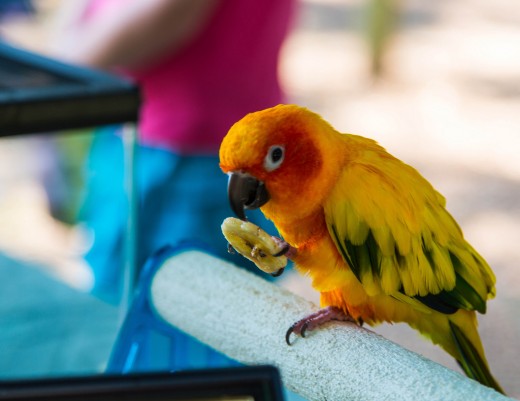
So, what about veggies?
I realized I hadn't said very much about vegetables themselves, however much I keep stressing their importance. The reason for this is because parrots can and should eat pretty much any vegetables and fruits besides the ones I mentioned in the beginning of this article. If your bird doesn't have more vegetables than anything else each day, they simply aren't having enough.
In case you need some inspiration...
Mineral blocks, supplements, and vitamins
Most deem it unnecessary to provide mineral blocks and cuttlebones, and while it might be, it never hurts to offer it. Cuttlebones are necessary for nesting females and birds with calcium deficiencies, but it can trim the beak of any bird and offer a time-consuming activity within it's cage when you're not home. The same goes for mineral blocks.
As for drops (that go into the bird's water), they are also not a necessity. I always keep calcium drops, vitamin drops, and molting supplements in drop form on hand anyway, but rarely use them unless my birds are breeding, my females are laying, it's molting season, or a bird has an injury or deficiency.
Average Bird Diet Ratio
- 60% vegetables
- 25% pellets
- 4% fruits and seeds
- 4% grains and pastas
- 3% egg, meat, other proteins
- 2% treats and [unhealthy] snacks (just to make them happy / foraging encouragement)
- 2% minerals, vitamins, supplements, etc.
This is not an exact science, but it's a great "template" to give your feathered friend a yummy and enriched diet.
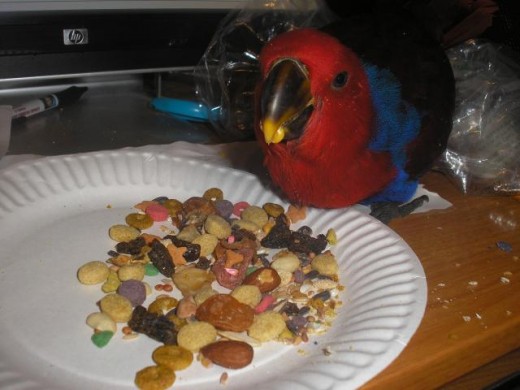
Taylor Peca is a contributing writer to HubPages Pets. Follow her on Instagram @taylor_petacc



